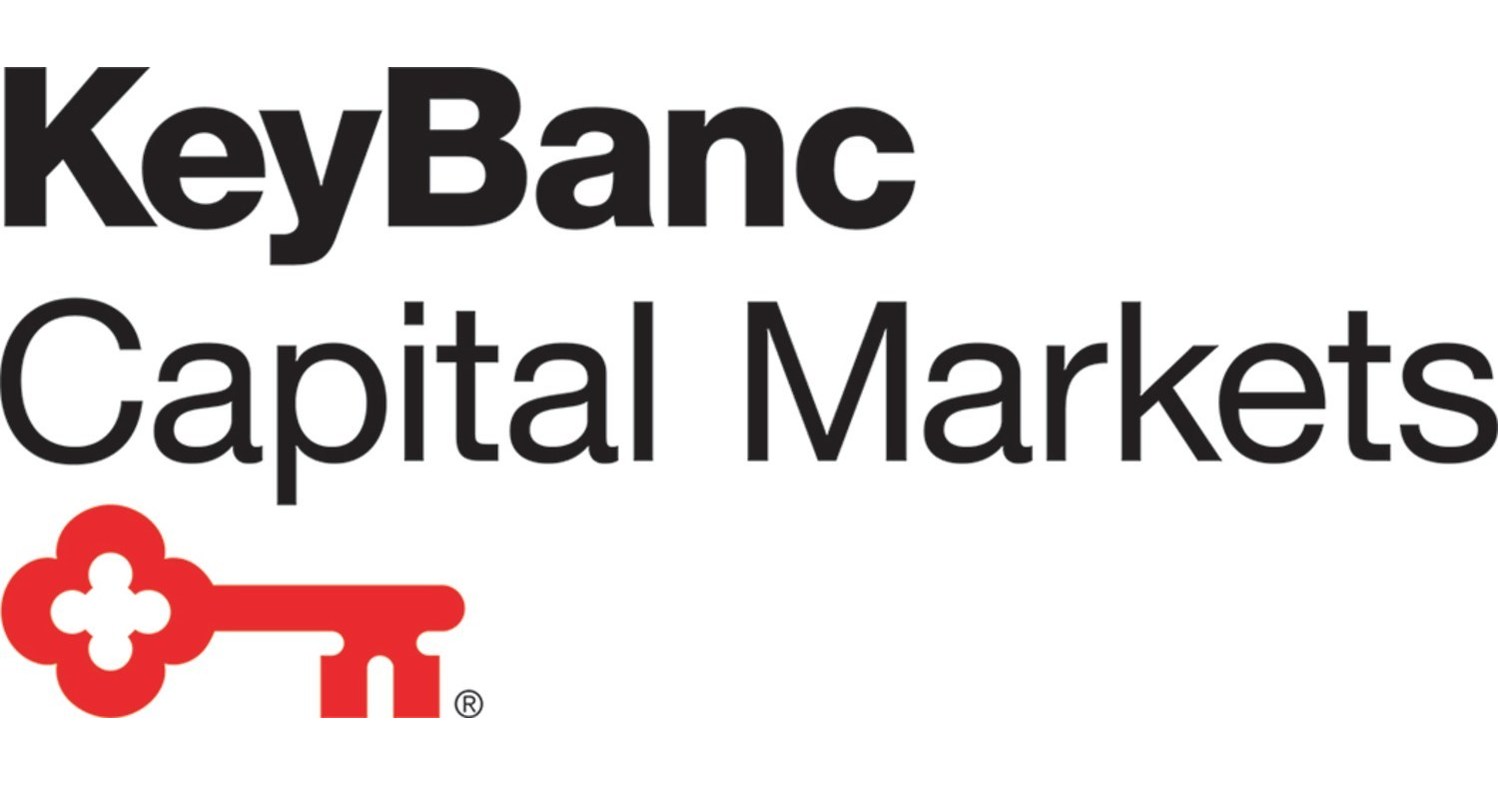
Dedicated hosting is a type of web hosting solution that utilises the power and resources of a physical server to host a single website or web application. It is unarguably the most effective and robust web hosting solution available. However, this fact does not make it immune to digital and cyber security threats.
Even if you buy a dedicated hosting package, you need to incorporate effective dedicated server security. In this blog, we discuss how to implement best practices of dedicated server security.
Implement the Best Dedicated Server Security Measures
● Basic Essentials
There are a few essentials when it comes to dedicated server security. Here is a small list of these essentials:
- Firewall
- Anti-virus software
- Anti-malware software
- SSL certification
- Monitoring and reporting tools
- Intrusion detection and eradication tools
- Linux or Windows server with built-in security features
You must have all the above security software for the basic fortification of your server.
● Limit Access
One of the best practices for dedicated server security is to minimise the number of people who have root access and access to the server’s control panel. First things first, create a separate account for every employee. You can limit access by using identity and access management. Only provide access to people when absolutely necessary.
● Software Vulnerability
Outdated software tools and applications can create multiple entry points for security threats and breaches to the server. Thus, it is vital to perform regular software audits to identify outdated or unused software.
With efficient configuration, you can also automate software updates. To reduce the chance of infiltration, you must delete any software that you do not need.
● DDoS Protection
Distributed Denial of Service (DDoS) attacks are a common threat to servers. These attacks happen when multiple fake users and bots try to overwhelm the server by sending requests. When this happens, the server is rendered useless in responding even to the genuine requests.
A DDoS-protected dedicated server is secured thanks to the layer of protection that detects the issue and mitigates the damage. The dedicated DDoS-protected server can handle unexpected hikes and surges in traffic.
● Use Private Network
For servers handling sensitive information, using private networks like virtual private networks adds a layer of security to your online communication. It is very important and easy to learn how to use a VPN. While a VPN does not erase your digital footprint, it creates a secret passageway for your data to pass from the server to the user.
● Strong Password Policy
A strong password policy includes a few factors:
- Setting a strong password with uppercase and lowercase letters, numbers and special characters.
- Ensure that all users change their passwords regularly. To mitigate risks, you can also enforce password expiry and updation.
- Implement multi-factor authentication for identity and access management of your server.
● Data Backup Protocol
Data backups are highly important for data protection, risk mitigation, data restoration and disaster recovery. Your data backup protocol must include the following:
- Regular backups by automating backups of critical data.
- Offsite backups are important for physical security.
- Ensure the period of backup retention for restores without issues.
Conclusion
To ensure your dedicated server security, it is paramount to understand how to use a VPN, install necessary security tools and implement all the high-end security measures.
When you use cutting-edge technology to protect against various cyber security threats, you ensure maximum security and create a reliable platform for your users. SO, incorporate all the dedicated server security tips listed above and fortify the walls of your server.






More Stories
Key Advantages of Choosing Linux VPS Hosting Over Windows
Financial Services Geared Toward Tech Players
Wall Street Bosses Cheer Investment Banking Gains but Stay Cautious